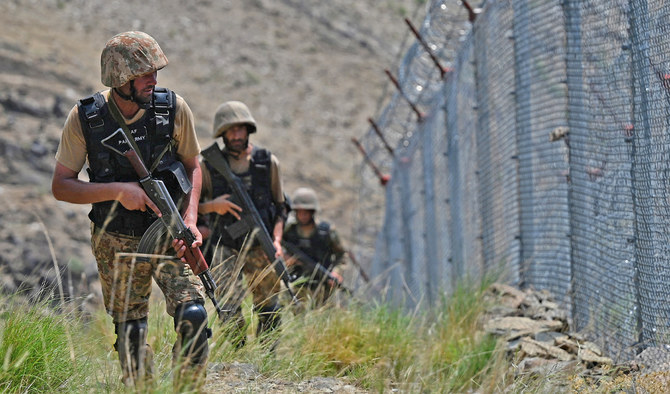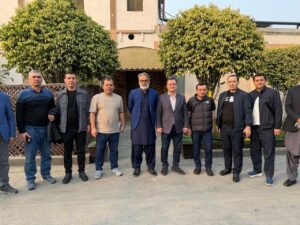Pakistan Army Responds Strongly to Unprovoked Firing from Afghan Side; Multiple Border Posts Destroyed

Islmabad, The Gulf Observer: The Pakistan Army on Saturday launched a strong and precise counterattack in response to unprovoked firing from the Afghan side along the Pakistan-Afghanistan border, security sources confirmed.
According to the sources, Pakistani forces destroyed several Afghan border posts and targeted hideouts of Daesh and Khawarij militants inside Afghan territory. The strikes involved artillery, tanks, aerial assets, and drones, aimed at neutralizing terrorist elements operating along the frontier.
The confrontation reportedly occurred at multiple border locations including Angoor Adda, Bajaur, Kurram, Dir, Chitral, and Baramcha (Balochistan). Security sources said that the firing from the Afghan side was an attempt to facilitate the infiltration of Khawarij formations into Pakistan, but the alert Pakistani troops responded swiftly and effectively.
The counterattack led to heavy losses for Afghan border forces and militant groups, with reports indicating the destruction of several posts and dispersal of terrorist formations.
Interior Minister Mohsin Naqvi strongly condemned the incidents, describing the Afghan firing on civilian areas as a “blatant violation of international law.” He stated that Pakistan’s forces had given a decisive and effective response, warning that any further provocation would be met with similar strength.
Naqvi added that the “pattern of aggression appears linked to our eternal enemy,” emphasizing that the people of Pakistan stand united behind their armed forces.
Meanwhile, the Afghan side claimed that its forces had retaliated in response to Pakistani airstrikes. According to AFP, heavy clashes took place late Saturday in various border areas, with both sides reporting casualties.
Regional concern also grew as Iranian Deputy Foreign Minister Abbas Araghchi urged both Pakistan and Afghanistan to “exercise restraint,” stating that peace and stability between the two nations are vital for regional harmony.


